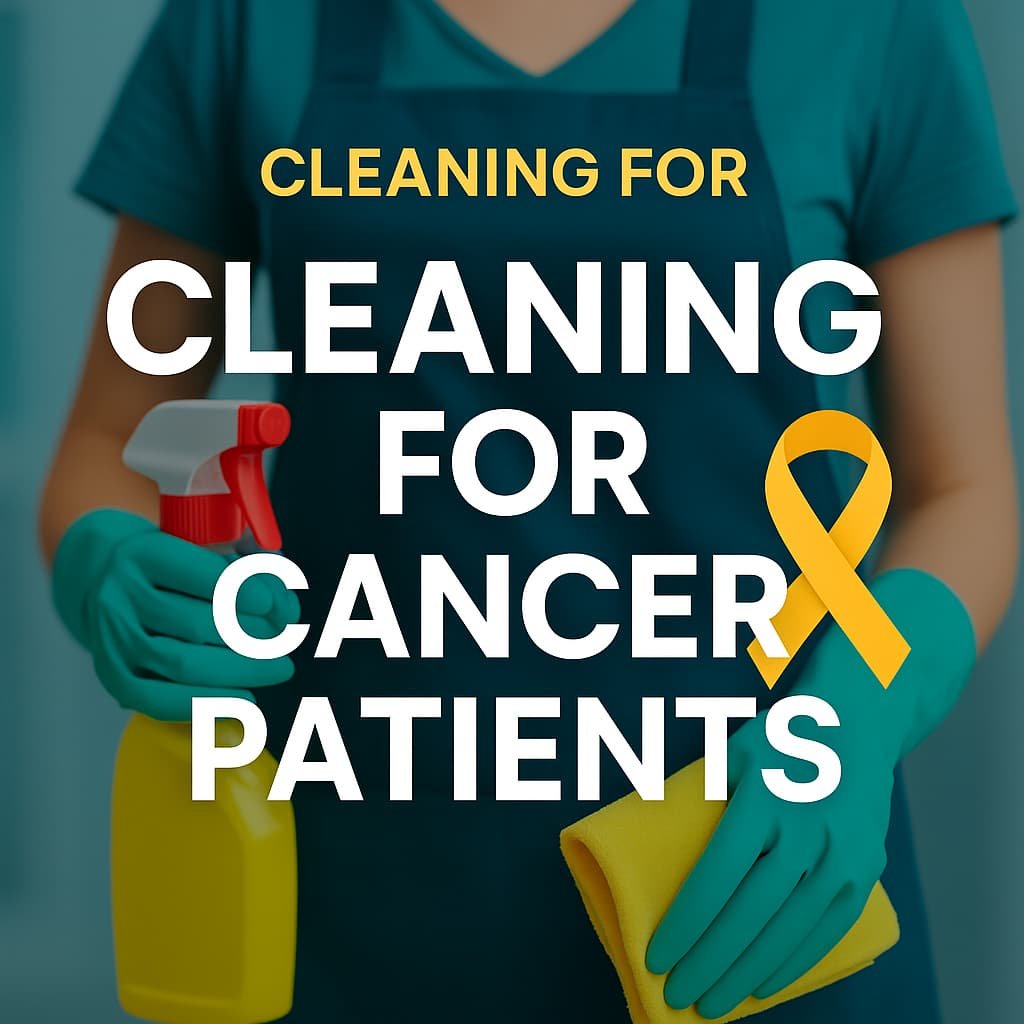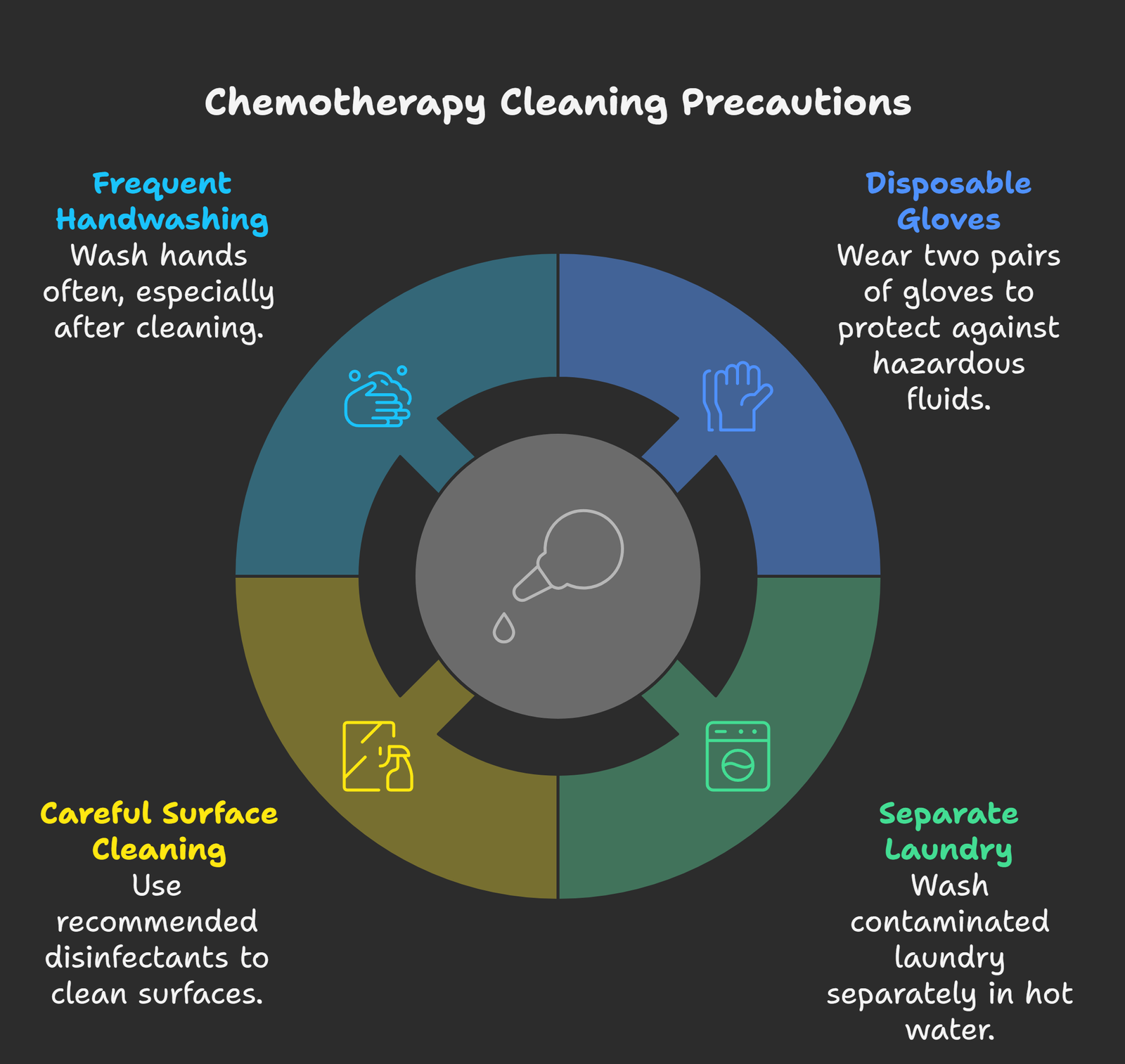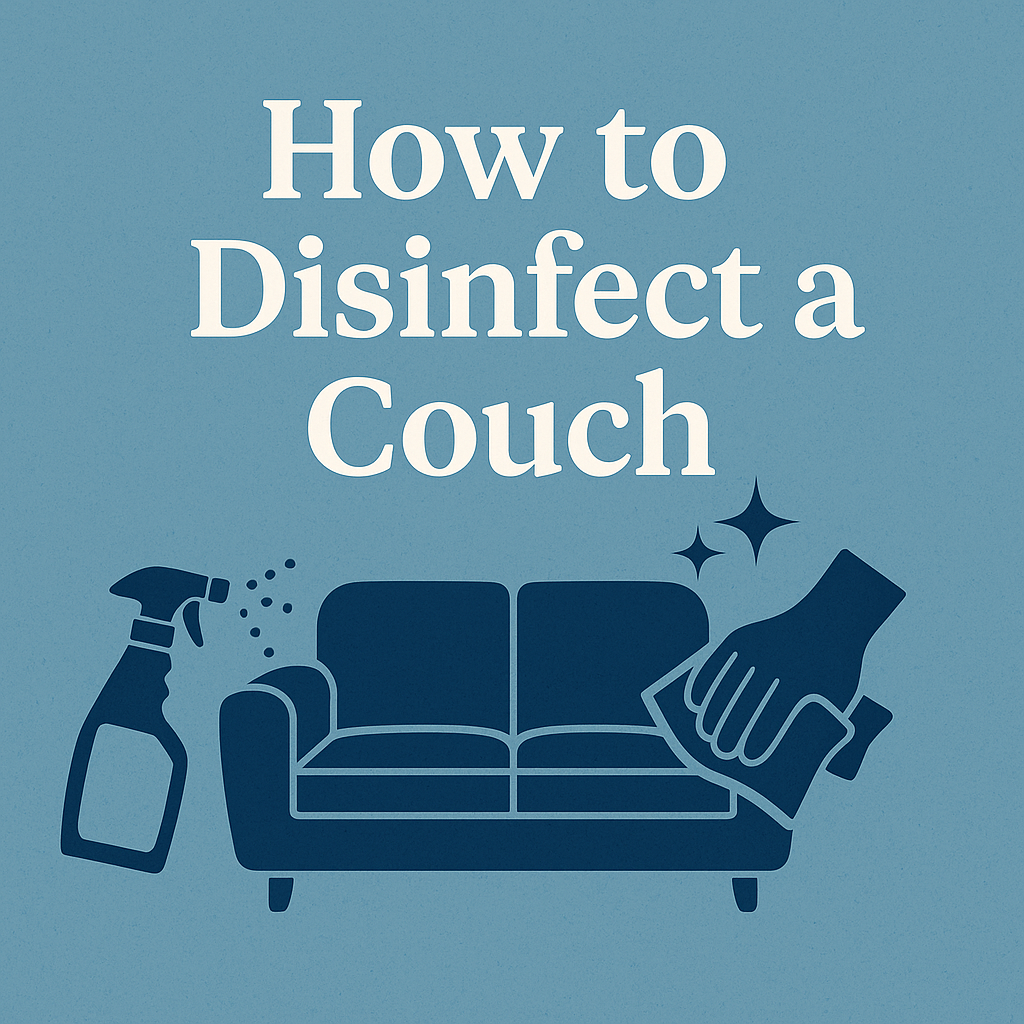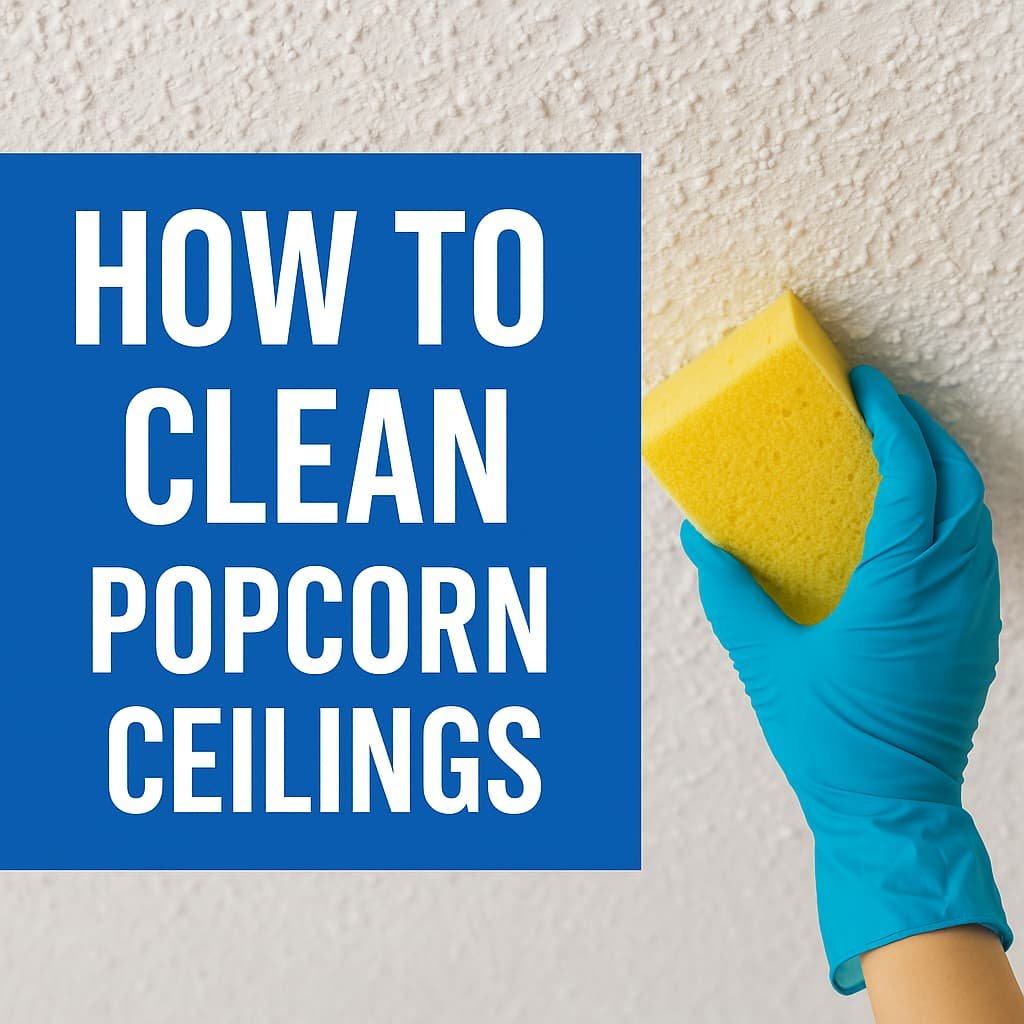Quick Answer
Cleaning for Cancer Patients is about creating a safe and healthy home for those with weakened immune systems. Focus on disinfecting kitchens, bathrooms, and high-touch areas using non-toxic cleaners, washing soiled laundry separately, and practicing frequent handwashing. For families feeling overwhelmed, professional services or volunteer programs can step in to ensure a clean, supportive environment during treatment.
Introduction
When someone in your household is undergoing cancer treatment, everyday routines take on new meaning. Simple chores, like wiping counters or disinfecting bathrooms, become part of a bigger mission: protecting your loved one’s health. That’s why Cleaning for Cancer Patients is about more than tidy rooms—it’s about creating a safe, supportive, and healing environment.
Cancer treatments such as chemotherapy or radiation often weaken the immune system, leaving patients more vulnerable to infections. Dust, bacteria, or mold that might not pose a problem to a healthy person can become a serious risk. With careful planning and compassionate attention, you can make cleaning part of the caregiving journey.
Why a Clean Home Matters During Cancer Treatment
Cancer and its treatments compromise the body’s natural defenses, which makes infection prevention critical. Clean environments reduce exposure to germs, allergens, and mold while offering patients much-needed comfort and peace of mind. A clean home can:
-
-
- Minimize infection risks caused by bacteria and viruses.
- Lower stress and promotes mental well-being.
- Provide a sense of order during a time of uncertainty.
-
Patients who feel safe in their surroundings are more likely to focus their limited energy on rest and recovery.
Special Cleaning Precautions During Chemotherapy
Chemotherapy introduces a unique challenge. Certain chemo drugs are considered hazardous for a few days after treatment, and they can leave traces in body fluids such as urine, stool, or vomit. Because of this, caregivers should take extra steps when cleaning:
-
-
- Wear disposable gloves (two pairs are best) when handling soiled laundry or cleaning areas exposed to fluids.
- Wash soiled clothing, sheets, and towels separately in hot water, never mixing them with other laundry.
- Clean contact surfaces with care, using disinfectants recommended by healthcare providers.
- Practice frequent handwashing, especially after any cleaning task.
-
Always consult the patient’s medical team for guidance on handling chemotherapy-related cleaning safely.

Key Areas to Focus On
1.Kitchen
The kitchen is one of the most important—and risky—areas in the home. Foodborne bacteria and improper cleaning can easily cause infections.
-
-
- Sanitize countertops before and after preparing food.
- Clean appliances, refrigerator handles, and faucets often.
- Replace sponges frequently and wash dish towels every 1–2 days.
- Mop floors regularly to reduce hidden bacteria.
-
Using safe sanitizers like diluted bleach or white vinegar can help kill germs without leaving harmful residues.
2.Bathroom
Bathrooms are another high-risk zone. While patients can share bathrooms with others, they must be cleaned more frequently.
-
- Disinfect toilets, sinks, showers, and bathtubs.
- Mop the floors and wash rugs, mats, and towels in hot water.
- Ensure surfaces stay dry to prevent mold growth.
3.High-Touch Surfaces
Everyday items like light switches, doorknobs, and remotes can harbor viruses and bacteria. Wipe these down often with disinfectant wipes or soap and water.
-
-
-
- Phones, tablets, keyboards, and remote controls.
- Door handles, faucets, and railings.
- Armrests and shared furniture surfaces.
-
-
Encourage everyone in the home—including children and visitors—to wash their hands often or use sanitizer when entering the house.
Safe Products and Green Cleaning Options
Cancer patients are often sensitive to harsh chemicals, which means standard cleaning sprays may do more harm than good. Instead:
-
-
-
- Choose non-toxic, fragrance-free cleaning products.
- Opt for microfiber cloths, which trap dirt and bacteria without heavy chemicals.
- Consider steam cleaning for high-risk surfaces—it disinfects without leaving chemical residue.
- Avoid air fresheners or products with strong scents that can trigger nausea during treatment.
-
-
This approach protects the patient from both germs and unnecessary chemical exposure.
Infection Control: Breaking the Chain of Germs
Infections spread through touch, air, food, and even pets. For cancer patients, breaking this “chain of infection” is essential.
-
-
-
- Wash your hands often and ask all visitors to do the same.
- Dispose of waste, pet litter, and diapers promptly.
- Clean and sanitize cleaning tools themselves—dirty mops or cloths spread germs rather than eliminate them.
-
-
Targeting high-risk areas first, rather than just doing general surface cleaning, is the most effective way to protect your loved one.
Professional Help for Families
For many families, balancing caregiving, medical appointments, and home care is overwhelming. That’s where professional cleaning support comes in. Organizations like Cleaning for a Reason and Cleaning Up for Cancer provide free cleanings for patients undergoing treatment. Many local cleaning companies also offer specialized services designed for patients with weakened immune systems.
For example, if you’re in Bergen County, hiring a trusted cleaning service Hackensack NJ provider can ease the burden. These services use trained teams, eco-friendly products, and infection-control practices—helping families focus on what truly matters: health and healing.
The Emotional Side of Cleaning for Cancer Patients
A clean home isn’t only about hygiene; it’s also about dignity and emotional relief. Many patients feel guilty when they can’t maintain their usual routines. Offering help with cleaning can:
-
-
- Reduce anxiety about germs or clutter.
- Provide normalcy in a time of chaos.
- Allow patients to focus on family, treatment, and rest.
-
Caregivers, friends, and professional services all play a role in making sure patients feel safe, supported, and cared for.
Summary
At the end of the day, Cleaning for Cancer Patients means more than dusting or disinfecting. It’s about protecting fragile immune systems, reducing stress, and restoring a sense of control in the home. From carefully sanitizing kitchens and bathrooms to seeking professional help when needed, every small act of cleaning contributes to a healthier healing journey.
If you’re supporting a loved one, remember that you don’t have to do it all alone. Clean and Shine home and office cleaning service in Hackensack NJ are here to share the load, giving patients the safe, fresh space they deserve. In the fight against cancer, a clean home is one of the simplest but most powerful tools of care.






